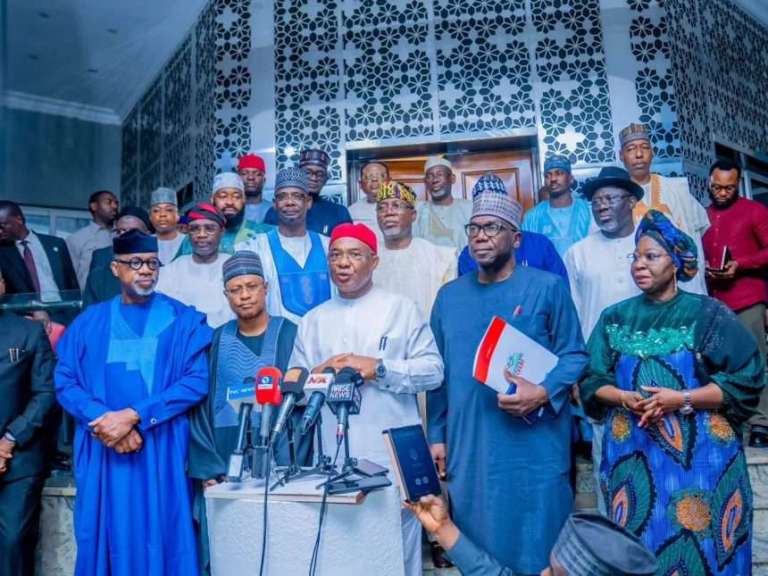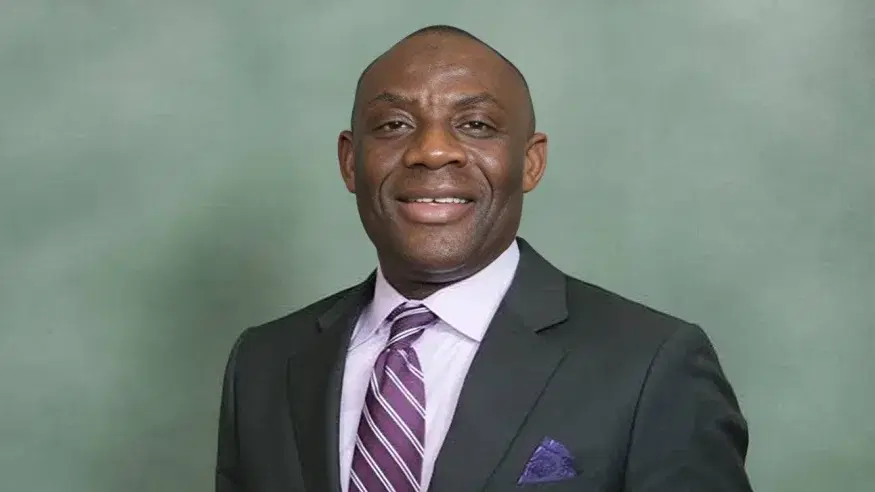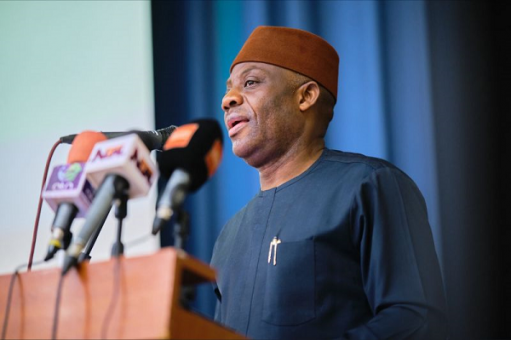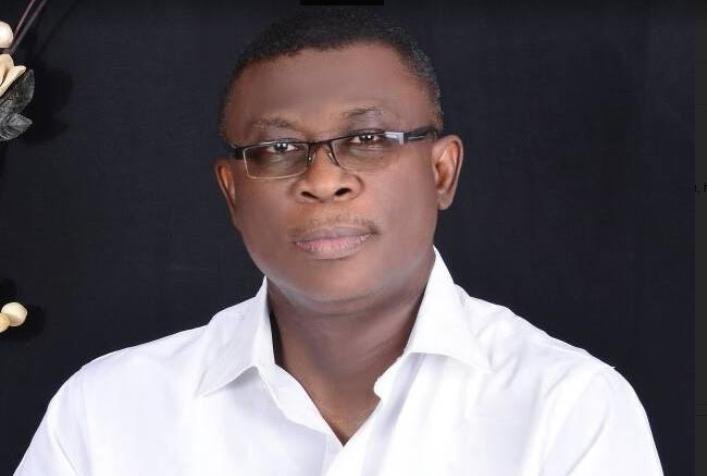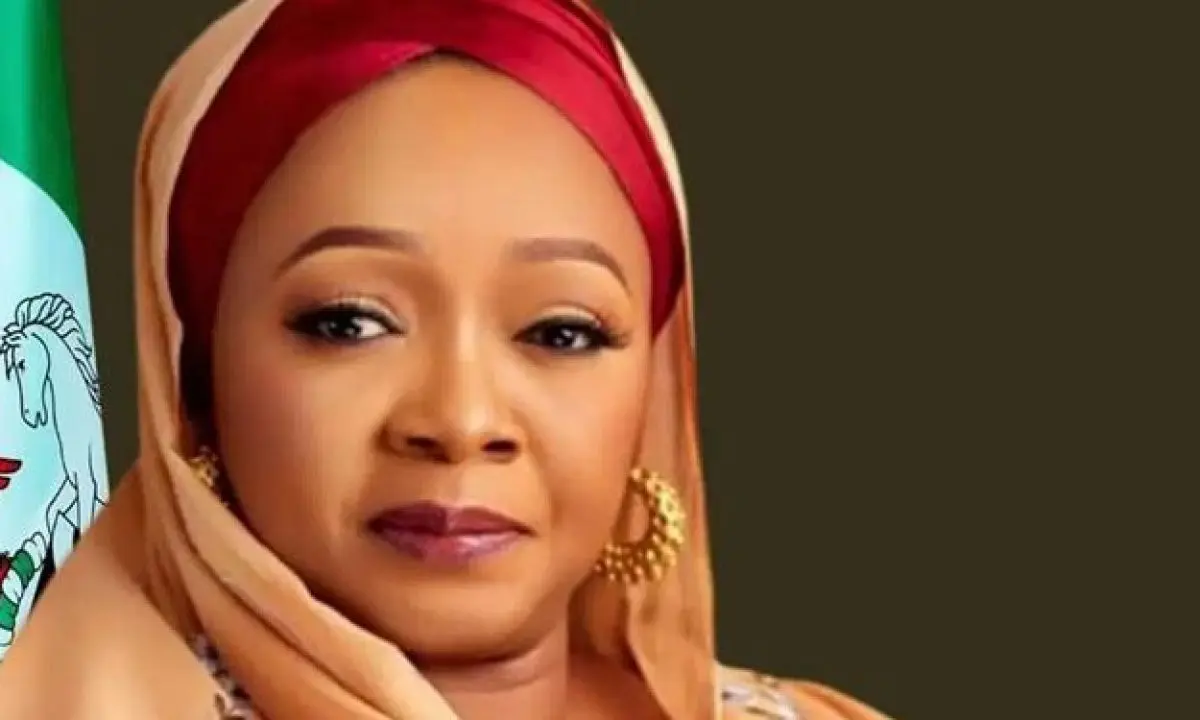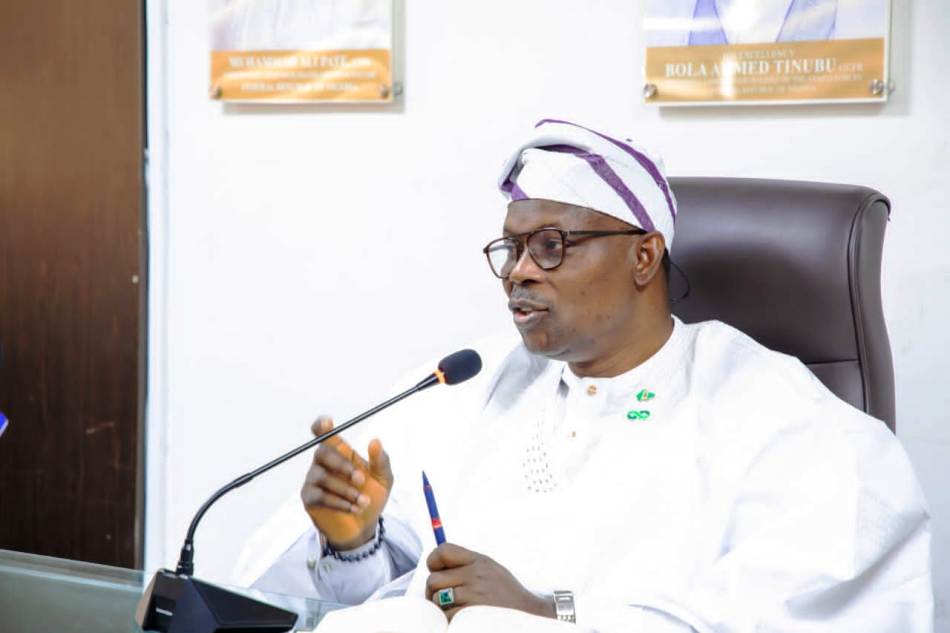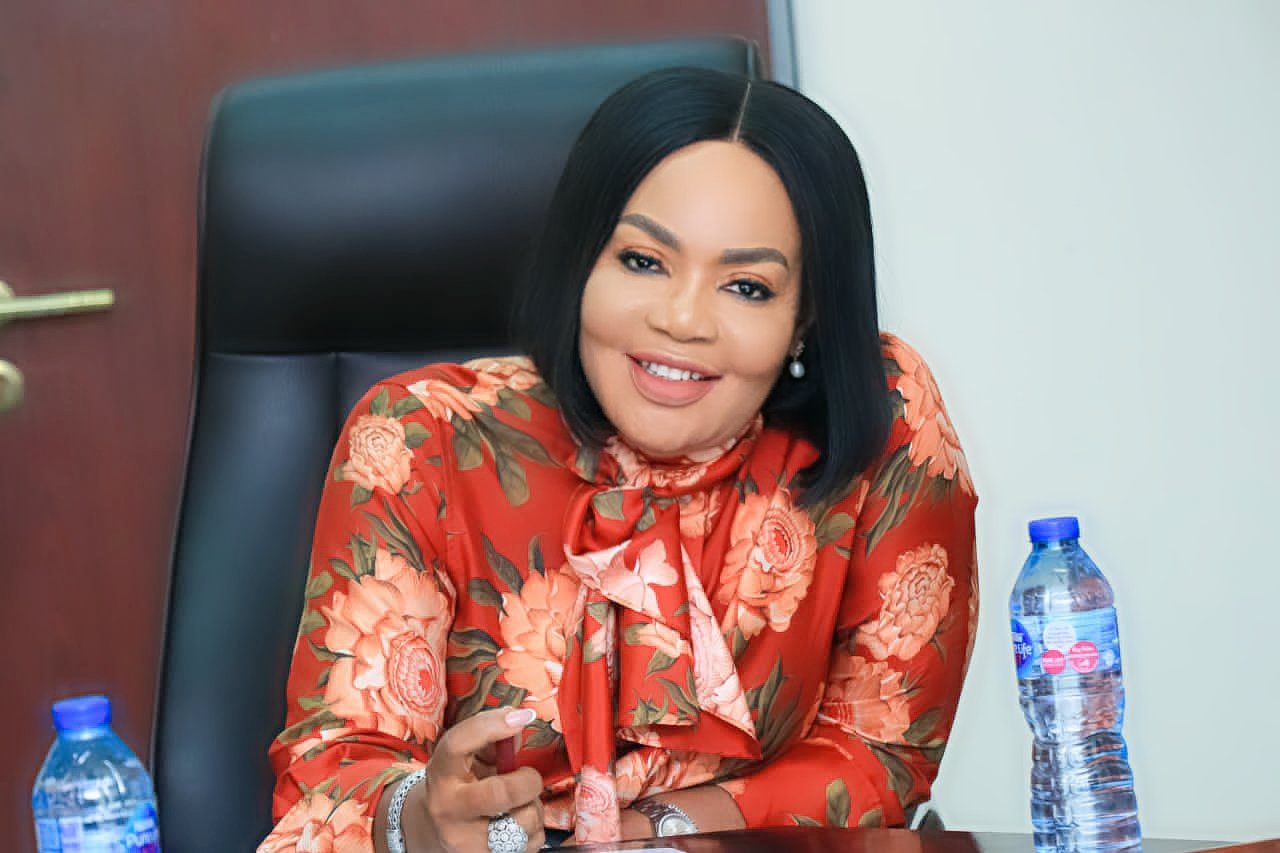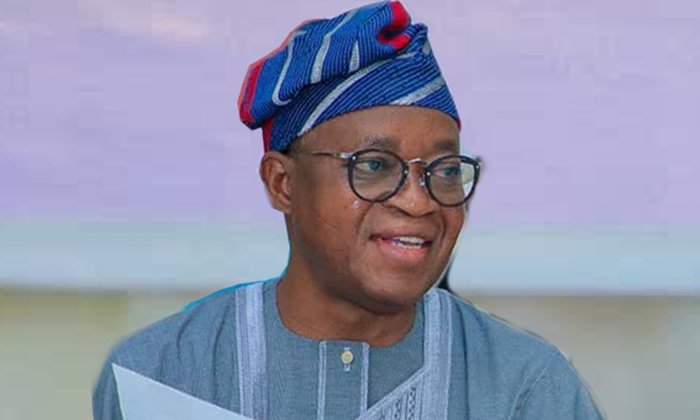Minister of Eduction, Dr Olatunji Alausa and members of the House of Representatives Committee on Federal Polytechnics and Higher Technical Education have disagreed over a bill for an Act to Establish Federal College of Entrepreneurship and Skills Acquisition, Borno.
The minister registered his disagreement in a memorandum presented at a public hearing on three bills, organised by the committee in Abuja on Thursday.
The bills are: “A Bill for an Act to Establish the Federal College of Entrepreneurship and Skills Acquisition, Hawul Local Government Area, Borno State*, to provide full-time courses, teaching instruction and training in technology, applied sciences, arts, social sciences, humanities and management; and for related matters (HB.1797).
“A Bill for an Act to Amend Section 3(2)(b), Second Schedule, and Section 31 of the Federal Polytechnics Act, Cap F17, Laws of the Federation of Nigeria, 2004*; and for related matters (HB.1413).
“A Bill for an Act to Amend the Federal Polytechnics Act, Cap F17, Laws of the Federation of Nigeria, 2004*, to review the functions of polytechnics; and for related matters (HB.2114).”
In his paper, Alausa said that upon careful review, the ministry had made observations intended to enhance the advancement of technical and entrepreneurial education in Nigeria.
He said that there was a Federal Government policy on siting federal institutions equitably across states.
According to him, the policy ensures that no state hosts more than one federal polytechnic at a time, while guaranteeing that every state has, at least, one such institution.
The minister said that all states, except Sokoto and the Federal Capital Territory (FCT), were engaged in this initiative.
“Therefore, the ministry urges the distinguished members of the green chambers to prioritise resource allocation towards the successful take-off of already established institutions rather than initiating new ones.
“Furthermore, the federal ministry of education has streamlined and expanded avenues for the establishment of private tertiary institutions.
“States and individuals are encouraged to leverage this opportunity to contribute to national educational development.
“Given prevailing funding constraints, the ministry recommends suspending further initiation and deliberations on the Bill for an Act to establish the Federal College of Entrepreneurship and Skills Acquisition in Hawul Local Government Area, Borno State, at this time,” he said.
The minister appealed for prudent allocation of resources, prioritising existing institutions over establishing new ones to optimise the nation’s educational development.
Alausa said that the ministry had no objection to the proposed amendments to the Federal Polytechnic Act except for the proposed amendment of the provision in Section 3(1) of the principal act.
He said that the act sought to to insert a representative of the the National Board for Technical Education (NBTE) and the Manufacturers Association of Nigeria (MAN)
“While both organisations serve critical roles, the ministry observes that their functions do not directly align with the responsibilities of the Polytechnic Governing Council.
“NBTE functions as a regulatory body for technical education, whereas MAN focuses on promoting manufacturers’ interests,” he said.
However, the sponsor of the establishment bill, Rep. Usman Balami (PDP-Borno) highlighted the insecurity and other negative vices stemming from high unemployment rates and lack of economic opportunities, particularly in Borno.
According to him, the alarming number of unemployed youth calls for immediate action to address these critical gaps in the community.
The rep said that the establishment of a Federal College of Entrepreneurship and Skill Acquisition was a vital step toward fostering economic development and creating job opportunities in the region.
“This institution will provide comprehensive training programmes designed to equip individuals with a diverse range of skills essential for self-employment and economic independence.
“In our rapidly changing job market, possessing a varied skill set is crucial for success and adaptability.
“The college will effectively bridge the gap between theoretical knowledge and practical application, ensuring that graduates emerge ready to meet workforce demands.
“By promoting entrepreneurship and innovation, this college will generate employment opportunities and stimulate local economic growth,” he said.
Balami said that the college would play a pivotal role in nurturing local talents and instilling a culture of entrepreneurship, contributing to a more vibrant socio-economic environment.
In his remarks, Chairman of the committee, Rep. Faud Laguda (APC-Lagos), said that there seemed to be a consensus on the need to acquire skills to curb unemployment.
Laguda urged all stakeholders to freely make their contributions, saying that the committee would take them into consideration in its report.
“We can collectively agree that Nigerians can acquire knowledge and skills in social sciences, art, humanities, technology, science, entrepreneurship, vocational and technical education with the passage of these bills.
“I humbly request your cooperation for purposive and productive deliberations to give lifetime benefits for our dear citizens and the nation at large,” he said.
The chairman commended the speaker and the leadership of the house for the confidence reposed in the committee and for supporting the hearing.
